With the cost of all items going up all over the world, it may come as no surprise that baggage fees have also gone up.
However, baggage fees have gone up so much that in 2023, airlines were able to make a staggering $33 billion from this fee alone.
Baggage Fees Are Up 15%

This may not seem like one of the biggest price rises in the world, but since 2022, airline baggage fees have gone up by 15%.
In 2022, airline baggage fees were reportedly a total of $29 billion, with this latest price hike being the highest since before the COVID-19 pandemic.
Baggage Fees Made Up 4.1% of Global Airline Revenue
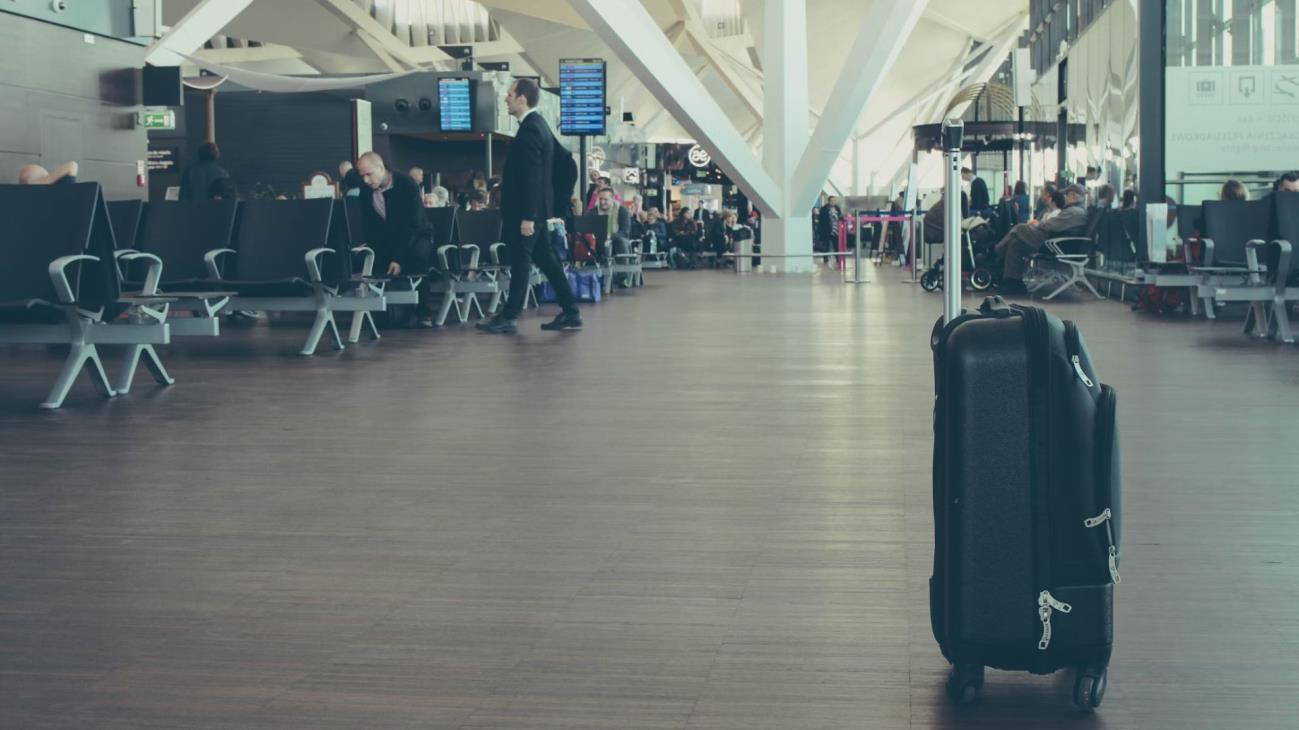
Baggage fees are one way for airlines to make more revenue, especially after the decline they faced during the COVID-19 pandemic, according to McKinsey & Company.
This revenue includes the money made from larger carry-on bags, standard checked bags, and any fines customers face for having overweight or extra-large checked bags.
American Airlines Raising Baggage Fees Has Sparked a Controversy
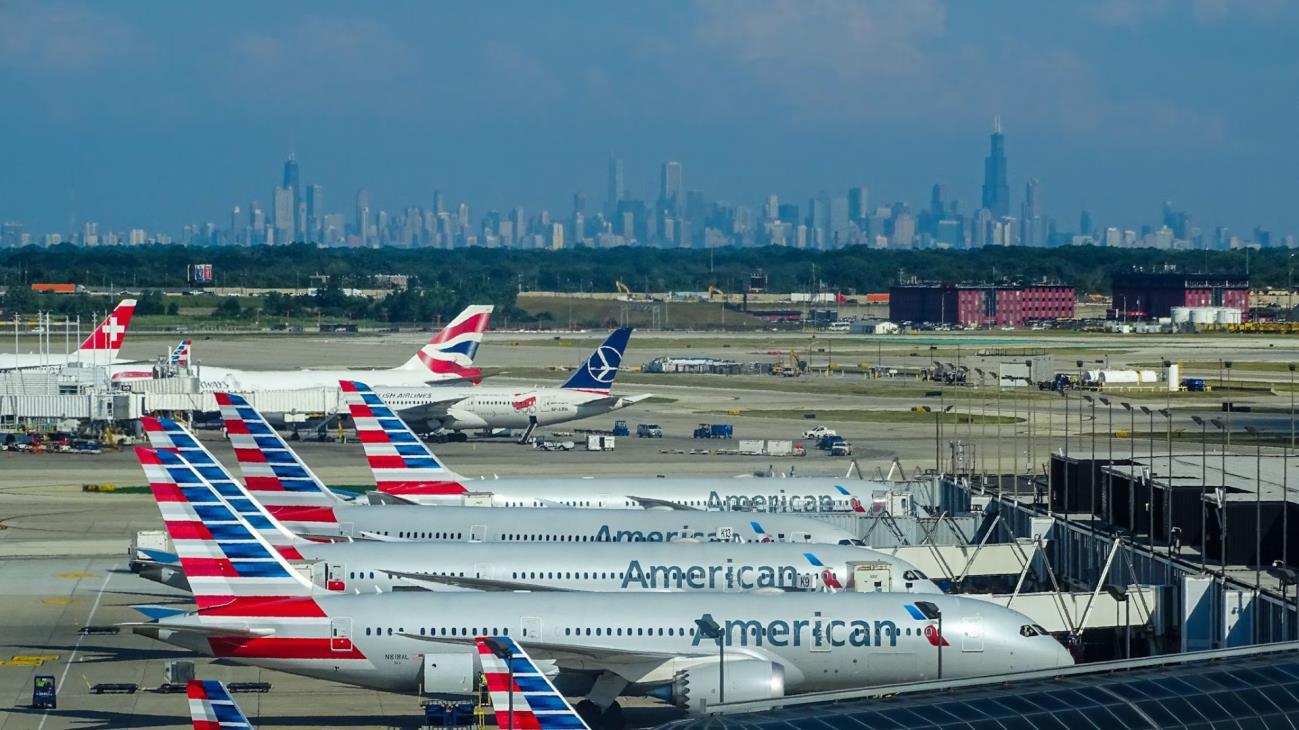
In February 2024, American Airlines came under fire after it increased their baggage fees for the first time in six years.
Prices used to cost $30, however, they have now been raised to $35 if paid online in advance. If customers don’t do this and pay at the airport, it will cost them $40 per checked bag. Other airlines are asking customers to pay similar amounts.
Baggage Fees Have Been Raised Due to Dwindling Airline Revenue
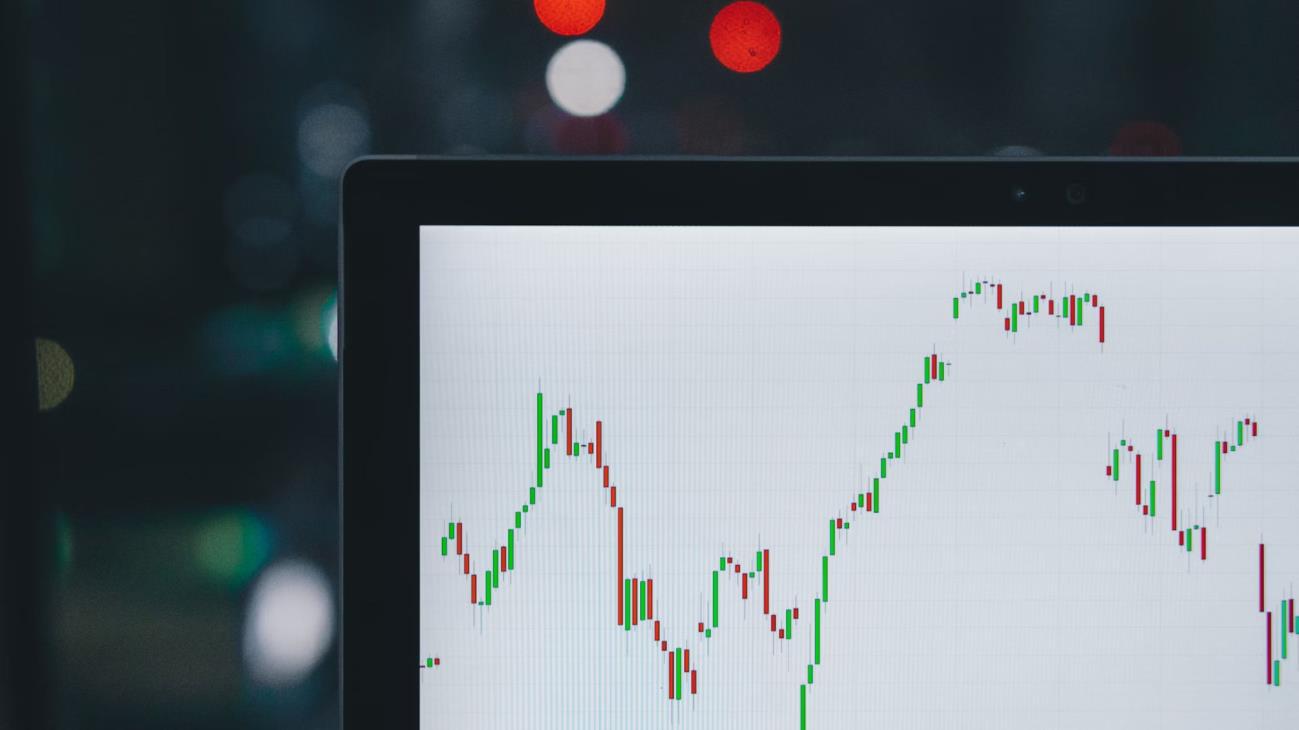
The cost of baggage may be higher now, but this is something airlines say they have to do to help with the rising costs of fuel and labor that they are facing.
Senior Vice President of American Airlines, Scott Chandler, told The Wall Street Journal that the more baggage airlines carry or the heavier baggage is, the more fuel the plane will use, which comes at a cost to airlines.
Baggage Fees Previously Went Over $30 Billion in 2019
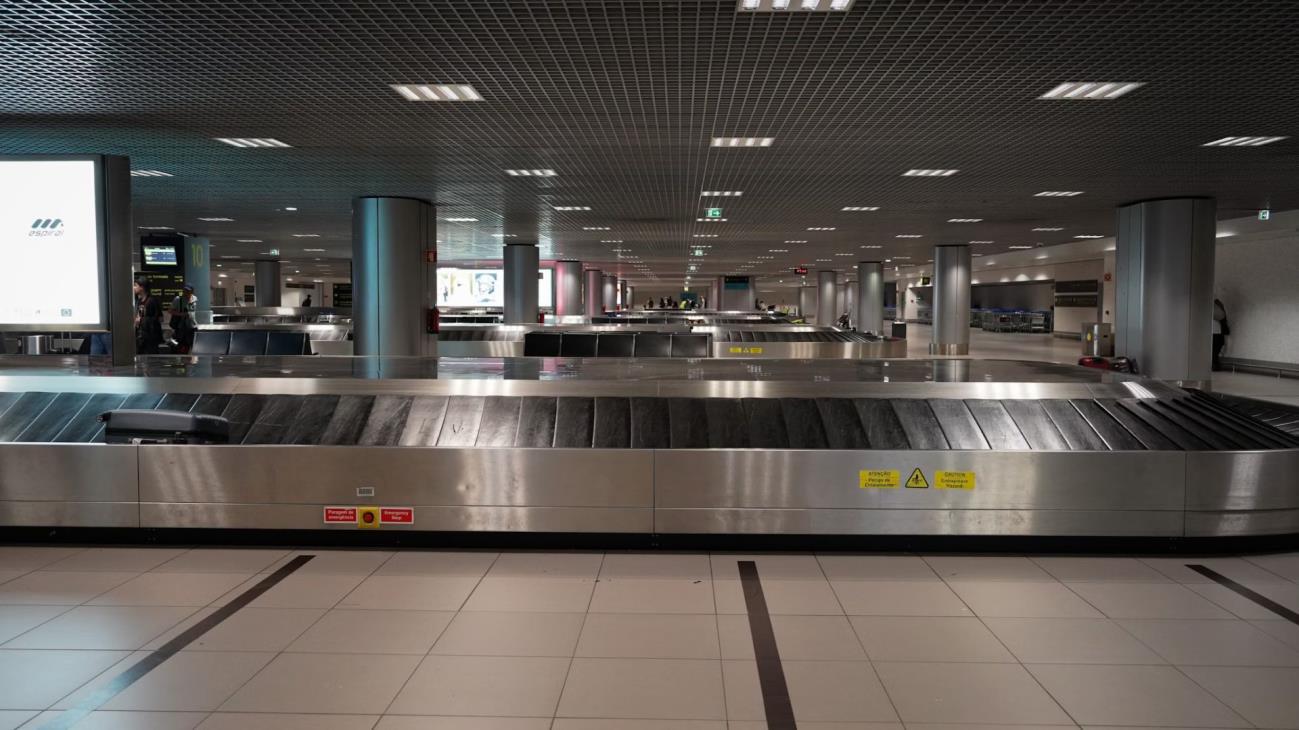
The last time airlines saw their yearly baggage fees go over $30 billion was in 2019, when they made $32.9 billion in revenue from baggage, according to The Daily Mail.
However, as international and domestic travel came to a stop during the COVID-19 pandemic, this number went down by around half to $16.9 billion in 2020.
Airlines Ancillary Revenue Was at $117.9 Billion in 2023
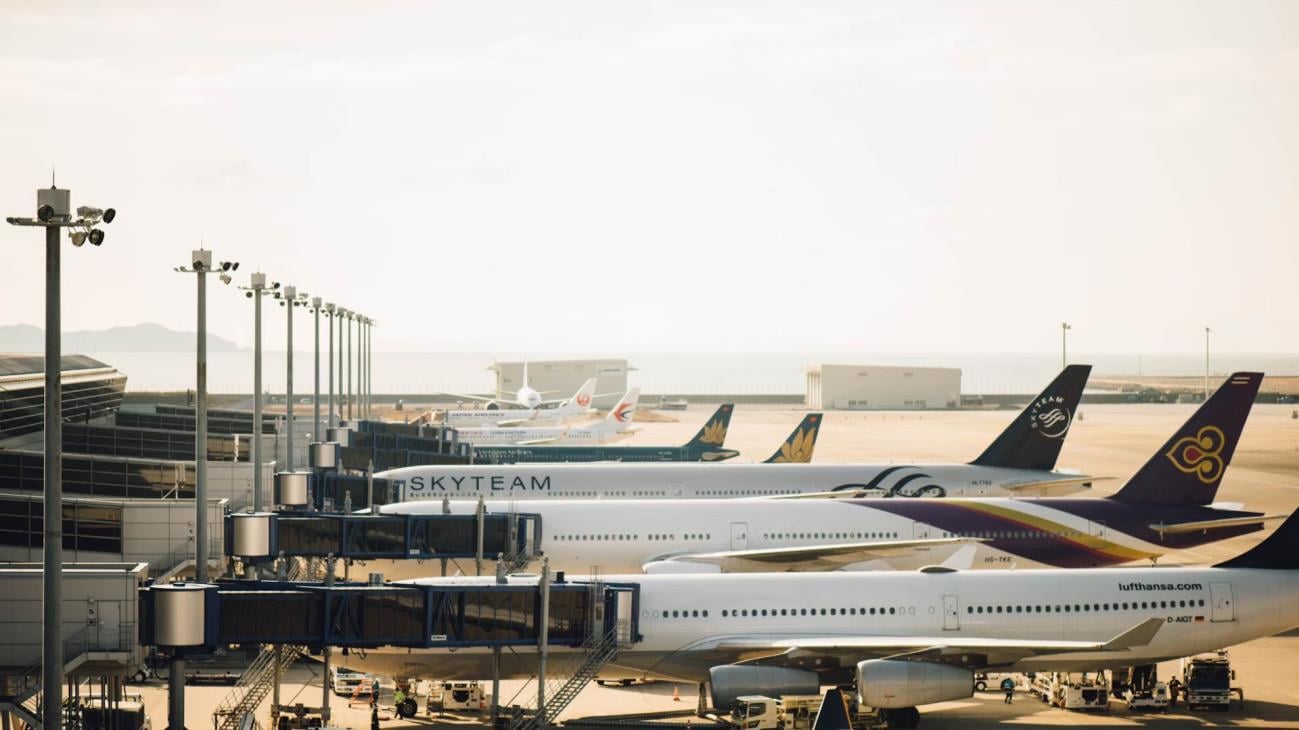
With airlines’ 2023 baggage revenue being at $33 billion, this was just a short change to the estimated $117.9 billion airlines made in ancillary revenue in 2023, as estimated by Idea Works Company.
Airlines’ ancillary revenue is made up of extras you pay for, including baggage, seat selection, extra room, onboard food, frequent flyer schemes, co-branded credit credits, insurers, and hotel partners.
Airlines Began Charging Baggage Fees Due to a Rise in Oil Prices
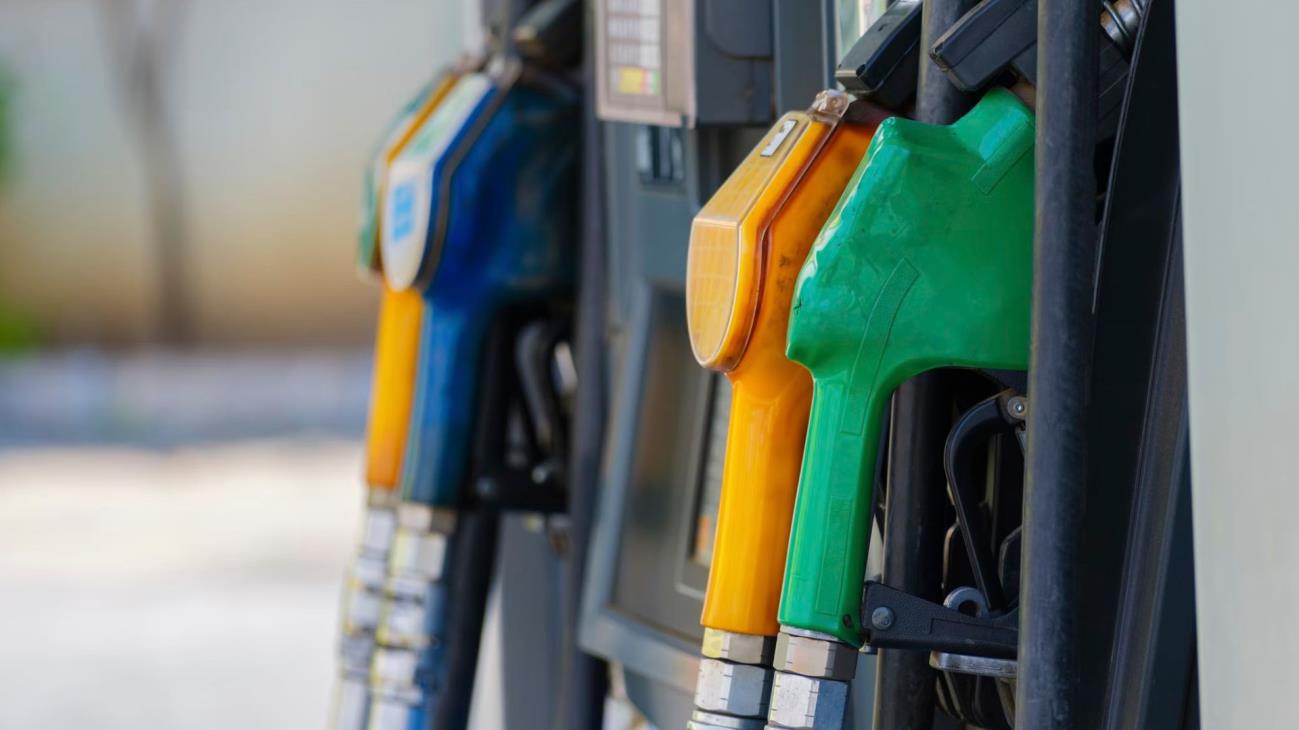
When fuel prices dramatically rose in both 2007 and 2008, airlines decided they had to do something to try to deal with these increased fees.
Where airlines previously would include the first two checked bags with the flight fare, this soon changed to customers having to pay extra for each checked bag, a price that has risen greatly since then.
Baggage Fees Are Up by Over 50% Since They First Started
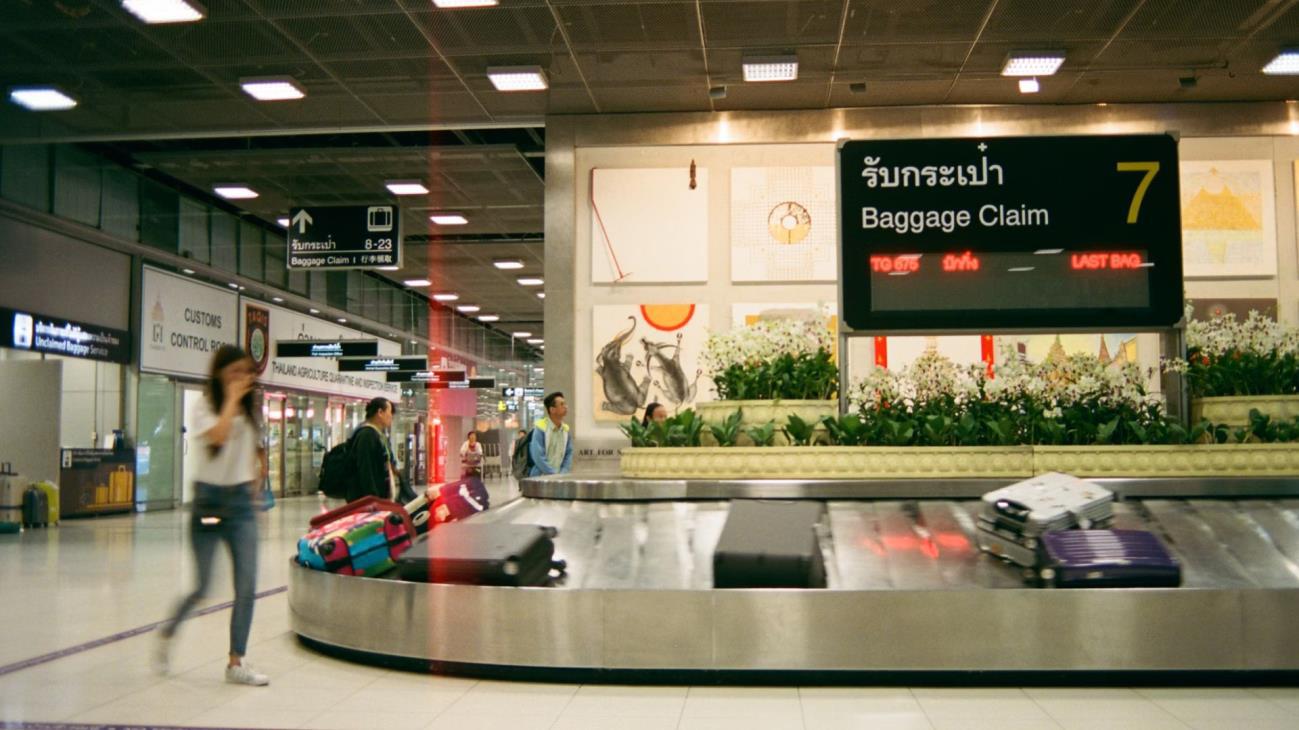
Airlines are now charging up to $45 and more for each first checked bag, but when the baggage fee was first introduced, it was much lower than this.
According to Verify This, when the baggage fee was first introduced, American Airlines was charging $15 for the first checked bag. It was the first airline to do so, and many others followed its lead.
Baggage Fees Remained Despite Fuel Going Down in Cost
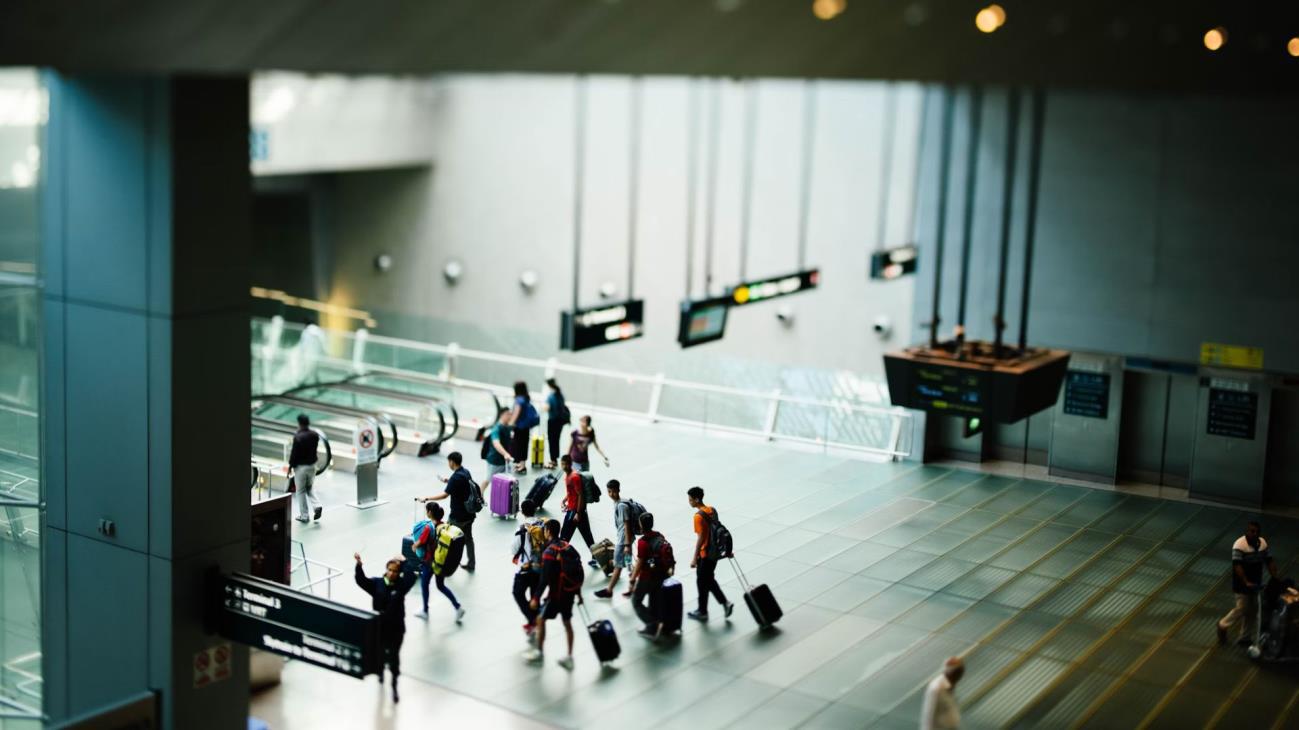
The initial reason for baggage fees was due to the price hike in fuel, however, a few years after the introduction of baggage fees, fuel costs started to go down.
However, airlines decided to keep these fees because, as Fortune put it, it helped keep profits up. And passengers were still paying the fees, even if they weren’t happy about the baggage costs.
Some Airlines Don’t Have Baggage Fees
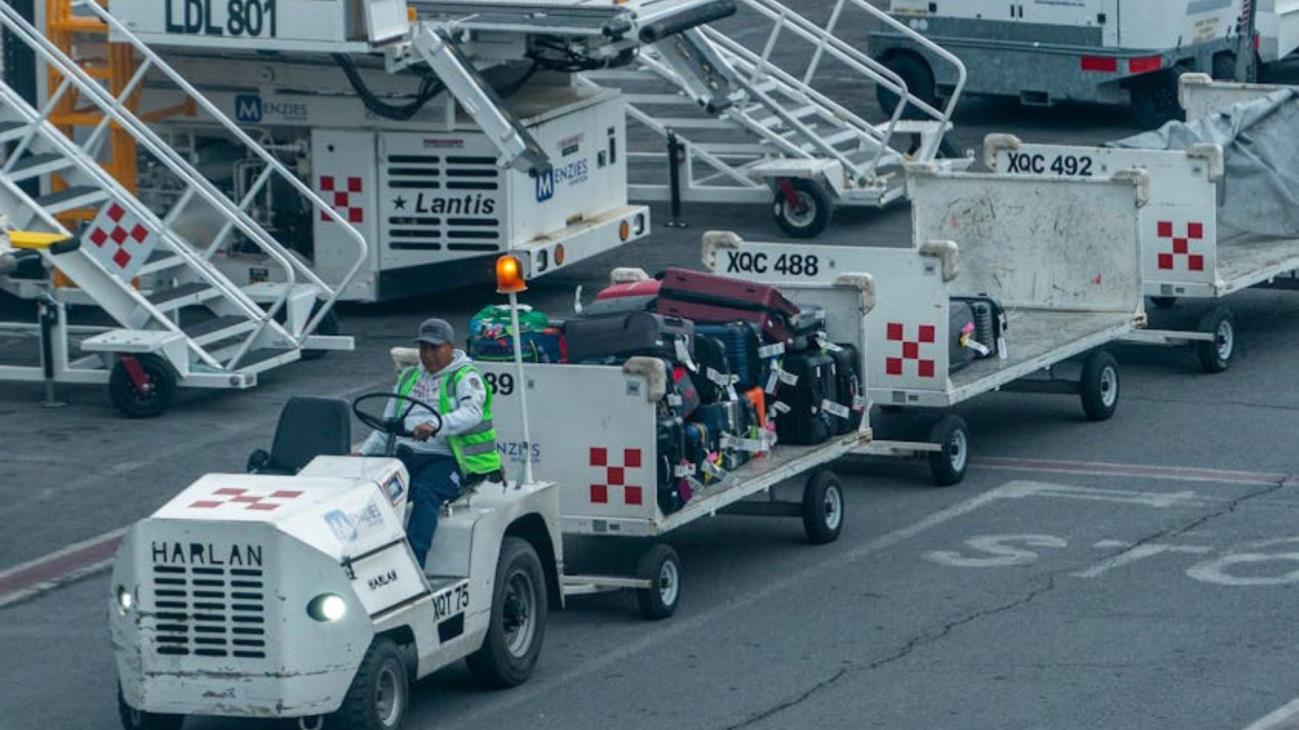
With many airlines introducing baggage fees, the big three airlines are now offering basic economy fares.
The big three airlines are Delta, American, and United, with basic economy giving customers the option to avoid baggage fees, according to Simple Flying. However, this is likely to lead to customers having to pay more in other ways, such as with assigned seating.
Customers Prefer to Use Carry-On Bags
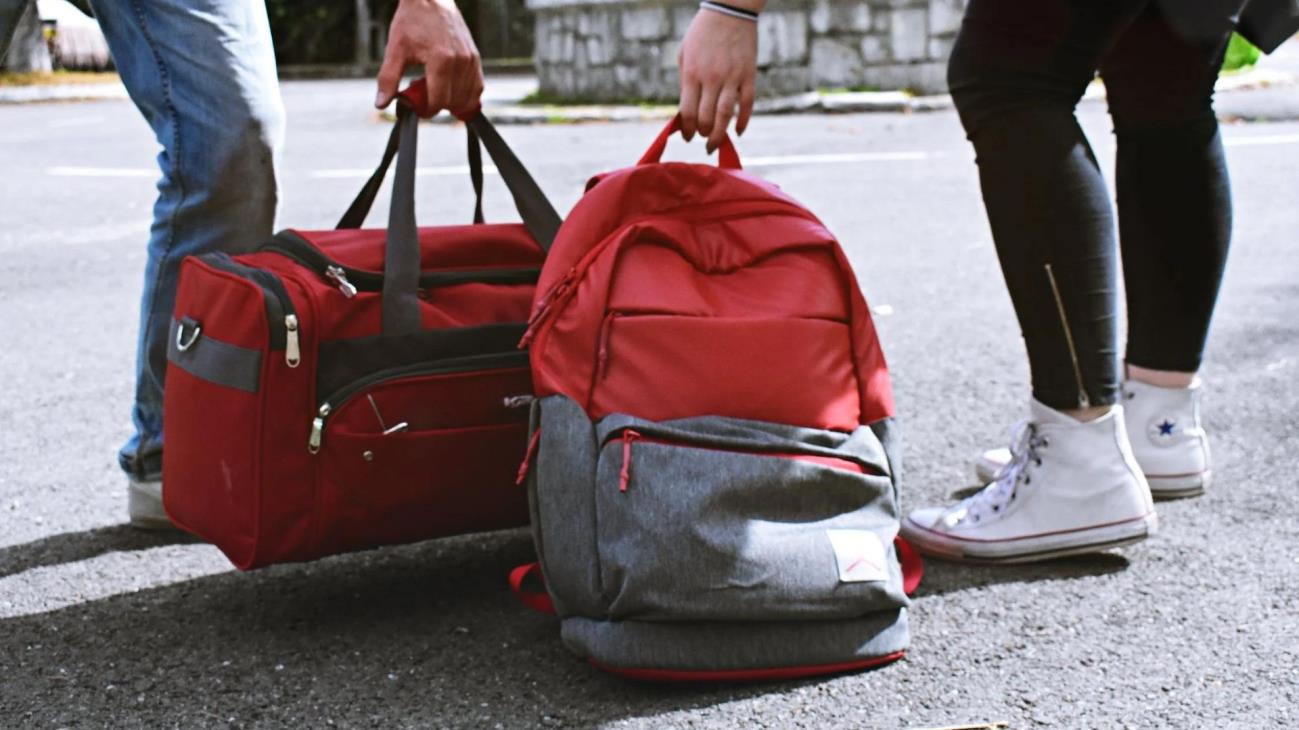
The rising baggage fees are now causing airline passengers to prefer the use of carry-on bags as opposed to checked baggage.
However, this is leading to carry-on bags being too heavy and not fitting airline requirements, which can lead to airlines charging you more for them, according to CBC.
Baggage Fees Could Be a Part of History
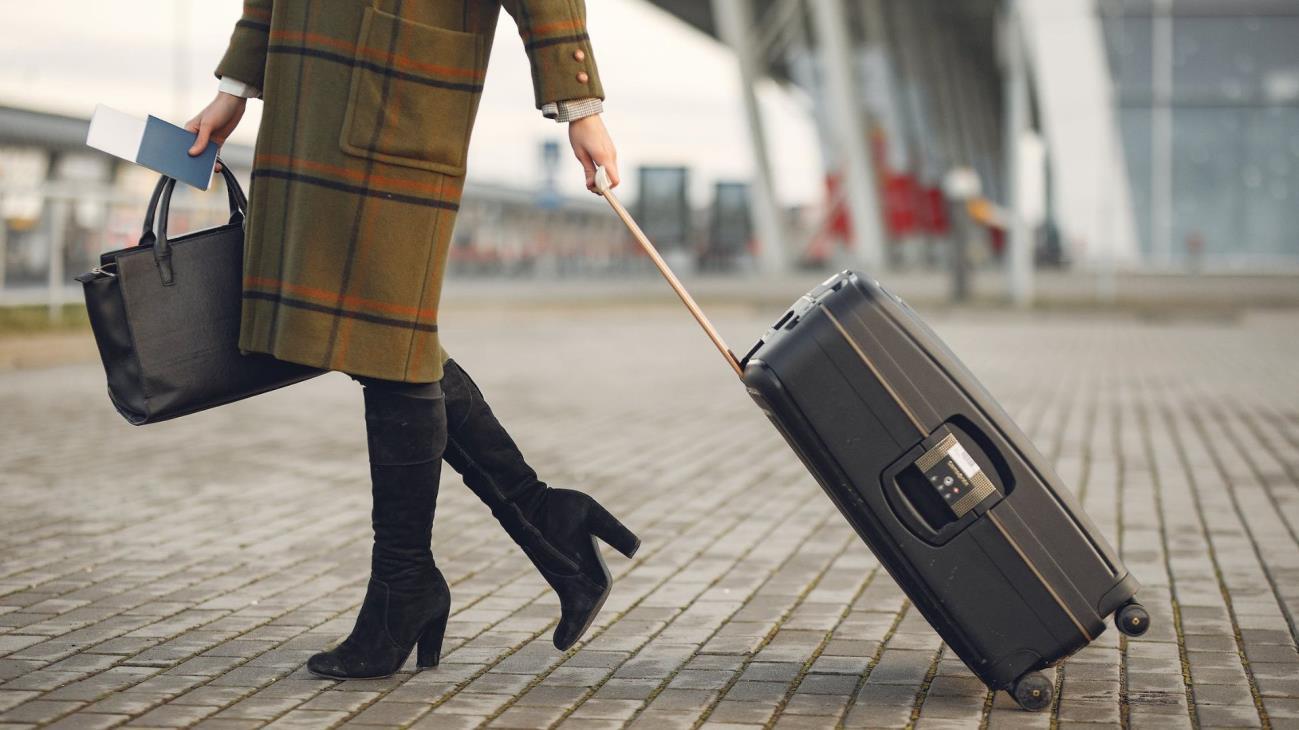
Recent reports suggest that extra costs given by the travel industry, such as baggage fees, and especially those that are mandatory, will have to be made clearer to customers.
Even though these fees won’t necessarily go away, the Biden Administration wants to fight the so-called “junk fees” by ensuring the total cost of mandatory fees and the breakdown of those are displayed, as well as a disclosure of what customers are paying for, according to Skift. But whether this might change how airlines charge for things is yet to be seen.
